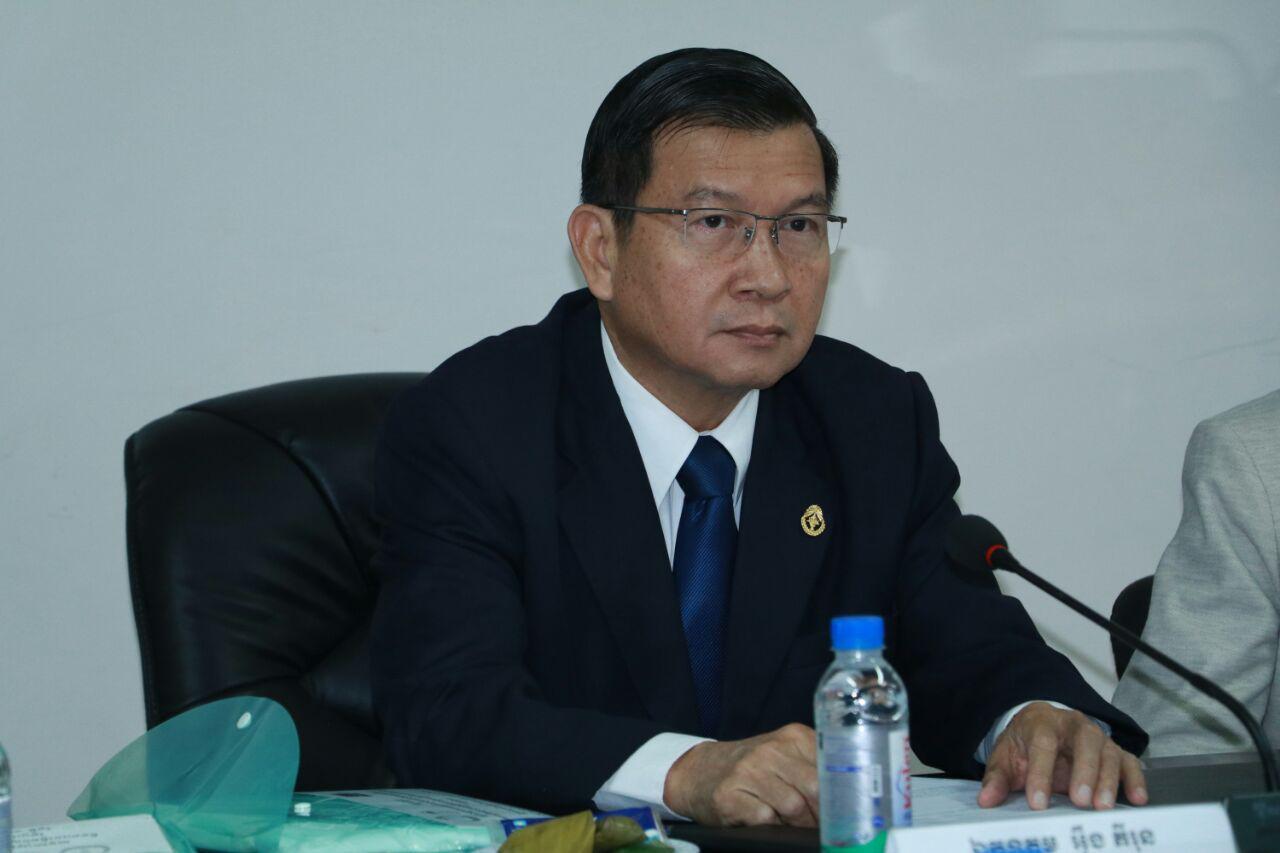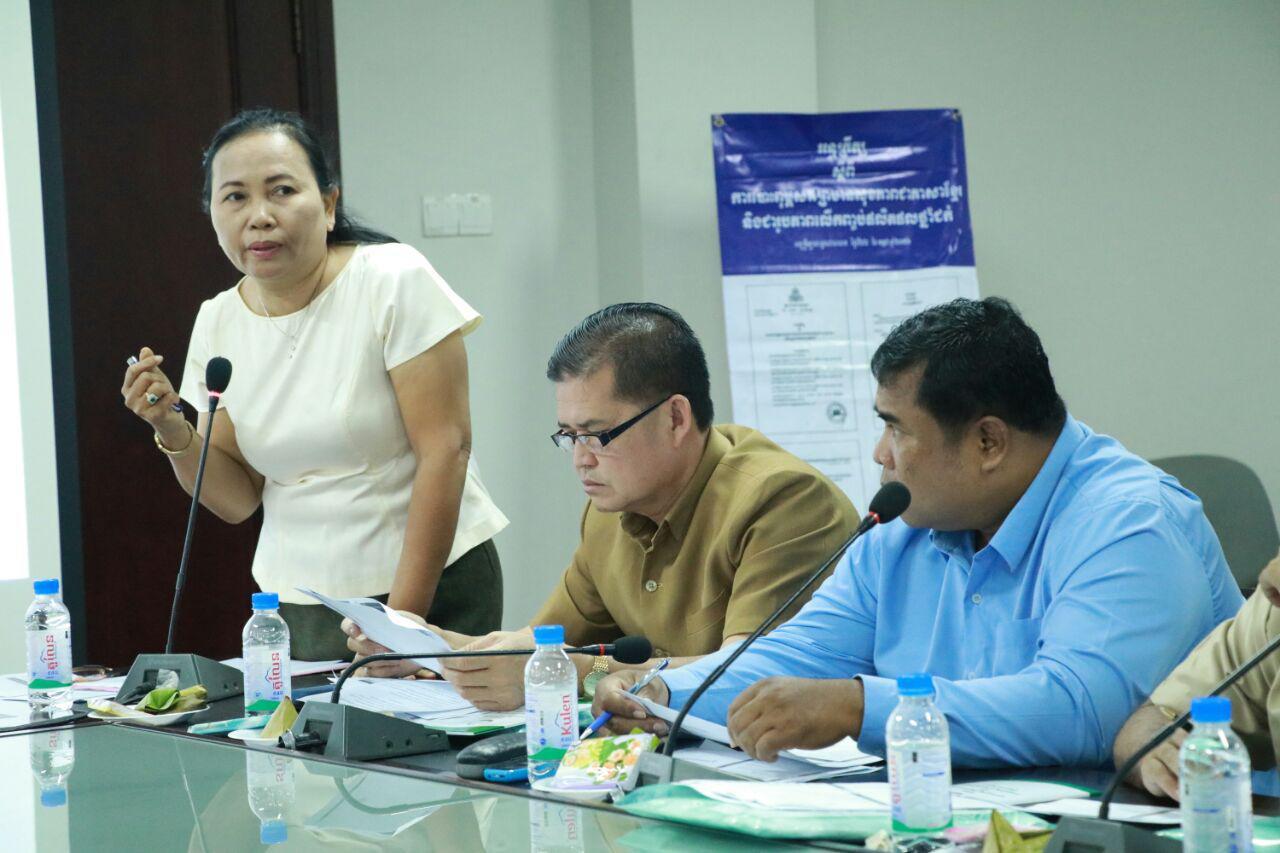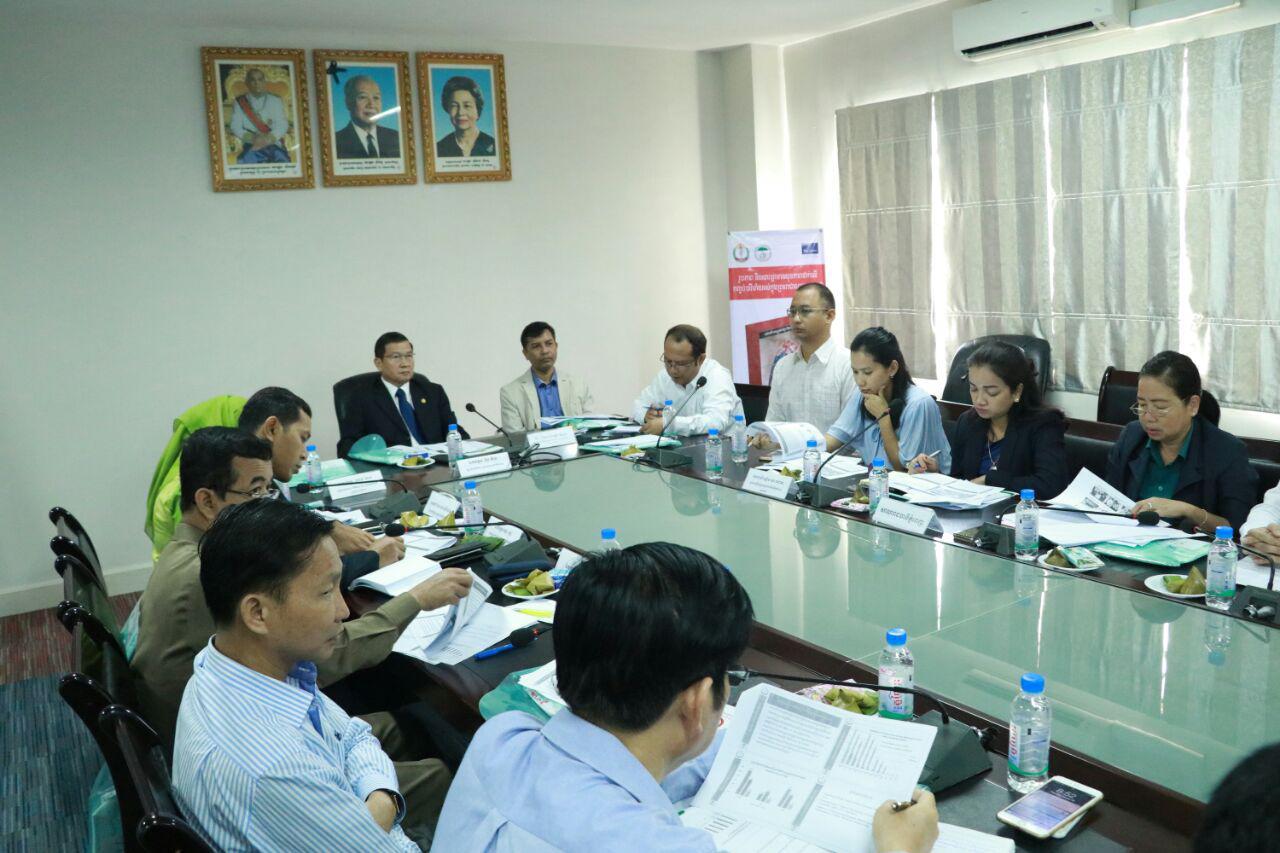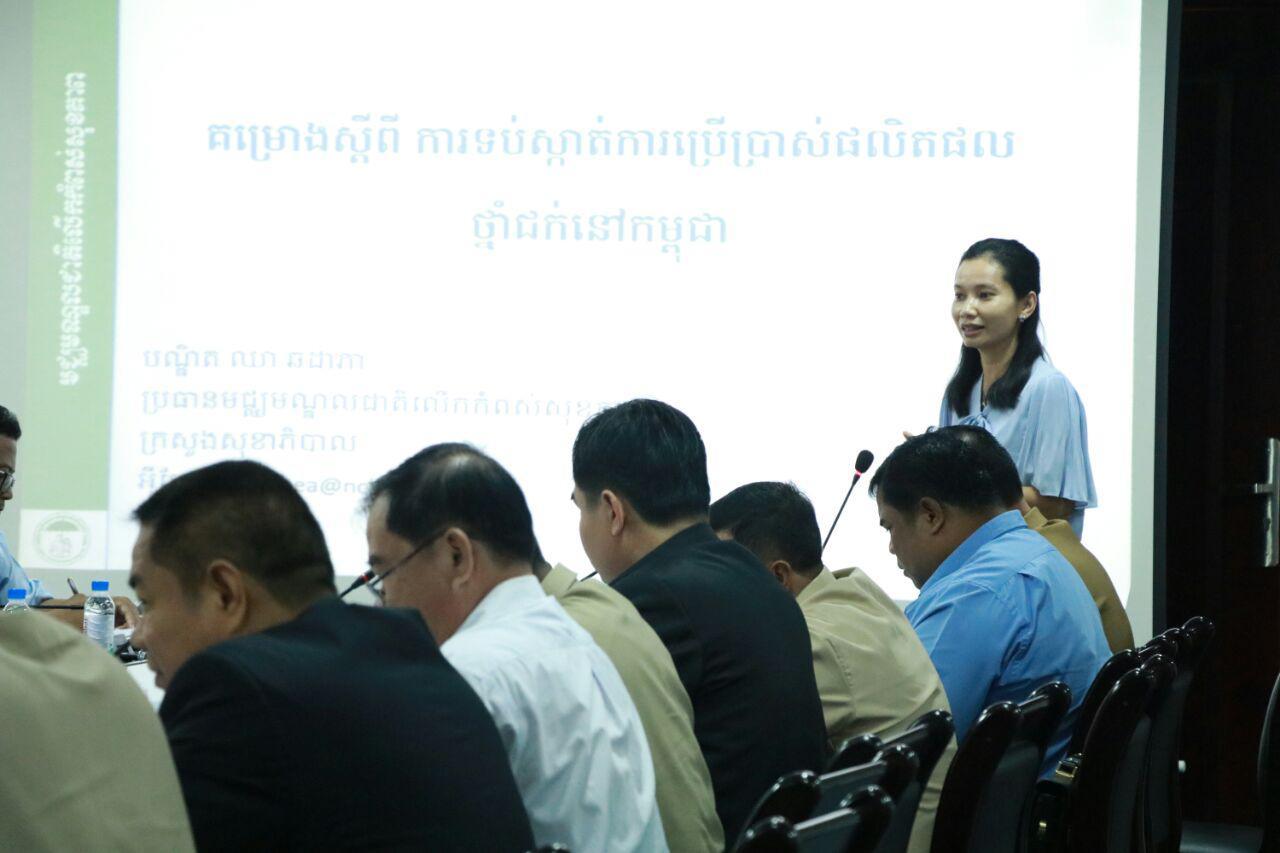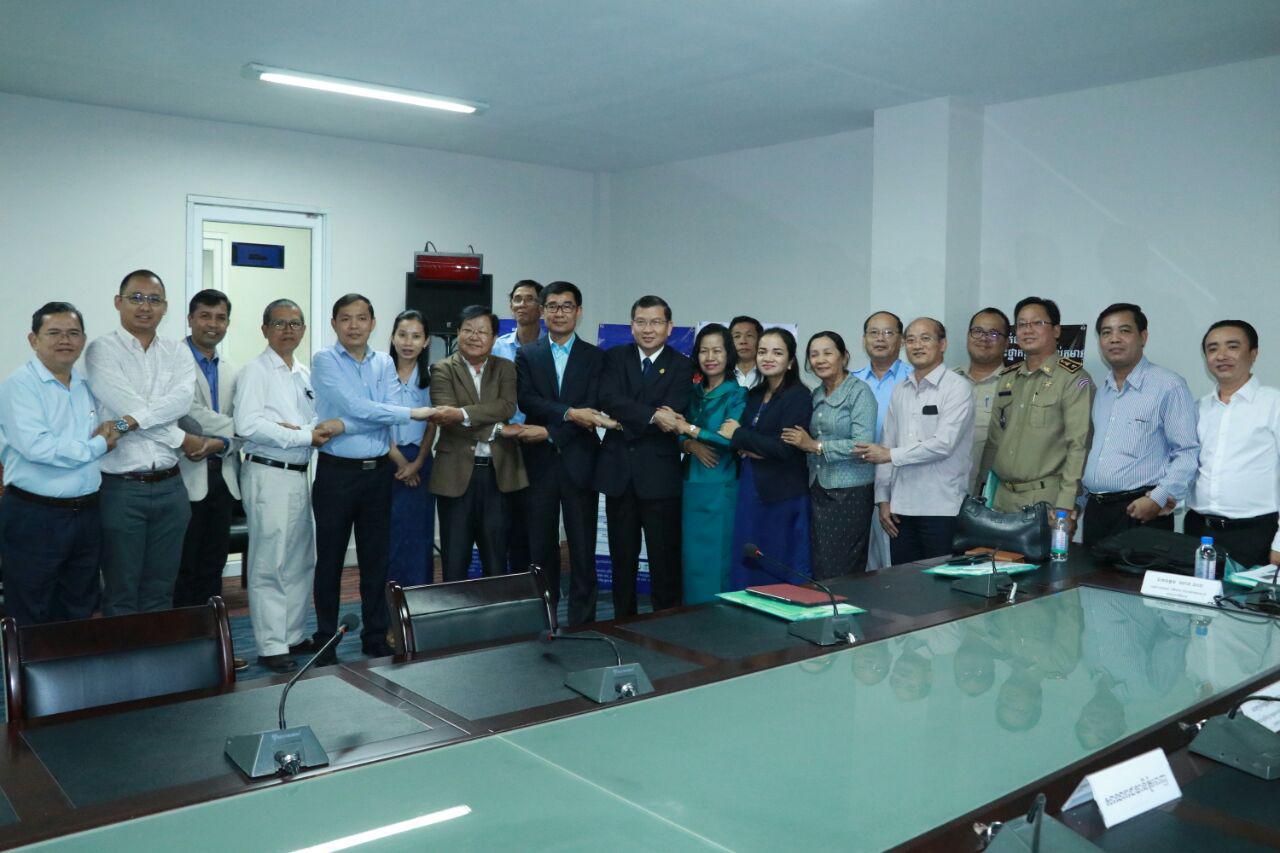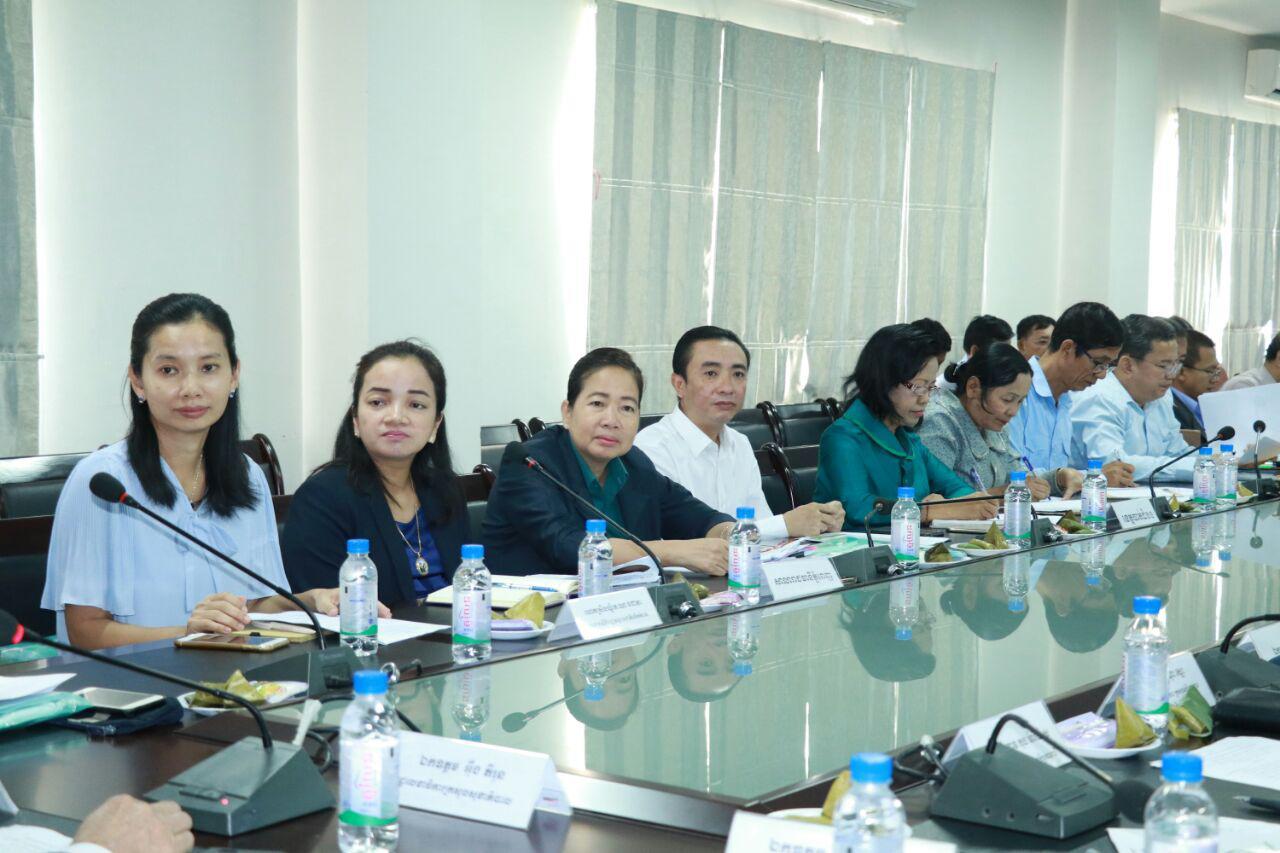Phnom Penh (FN), Jan. 19 - Tobacco consumption is a serious public health in Cambodia.
Currently about 2 million Cambodians are using tobacco products and spending $201.5 million on cigarettes and over $162.7 million on treatment caused by tobacco-related illnesses each year.
Professor Ung Phirun, Secretary of State of the Ministry of Health, said that smoking reduces 15 years of age and that 7.2 million are fatally deceased annually by smoking. Among those, 80% is in developing countries and 12% is adults.
The statement was made at a meeting on strategies to prevent the use of tobacco products in Cambodia and the establishment of a non-smoking city network including Phnom Penh and five other provinces on Thursday at the Ministry of Health.
The use of tobacco products has increased the family expense in treating diseases.
More tobacco products are sold at retail sites with affordable price and tobacco advertisement is catchy. As a result, adult smoking rates for adults in tobacco increased.
"In order to reduce death mortality from the use of tobacco products in the country, it requires the support and commitment from all stakeholders, including policy makers, public health committees, and relevant partner organizations to create and enforce laws and regulations related to tobacco control", said the Secretary of State.
Meanwhile, Dr. Yel Daravuth, World Health Organization (WHO) representative in Cambodia, expressed his support for the Ministry of Health for its determination to make efforts to develop and implement legal documents and regulations; strengthen and provide sub-national training to prevent the use of tobacco products in Cambodia.
Dr. Chhea Chordaphea, Director of the National Center for Health Promotion of the Ministry of Health, said the ministry would seek support to expand public health warnings; educate the public about the impacts of tobacco; raise tobacco tax rates; and prevent the tobacco industry's interference with the establishment and implementation of public health policy; and hold meetings at least once a year to share experiences and discuss strategies.
=FRESH NEWS
